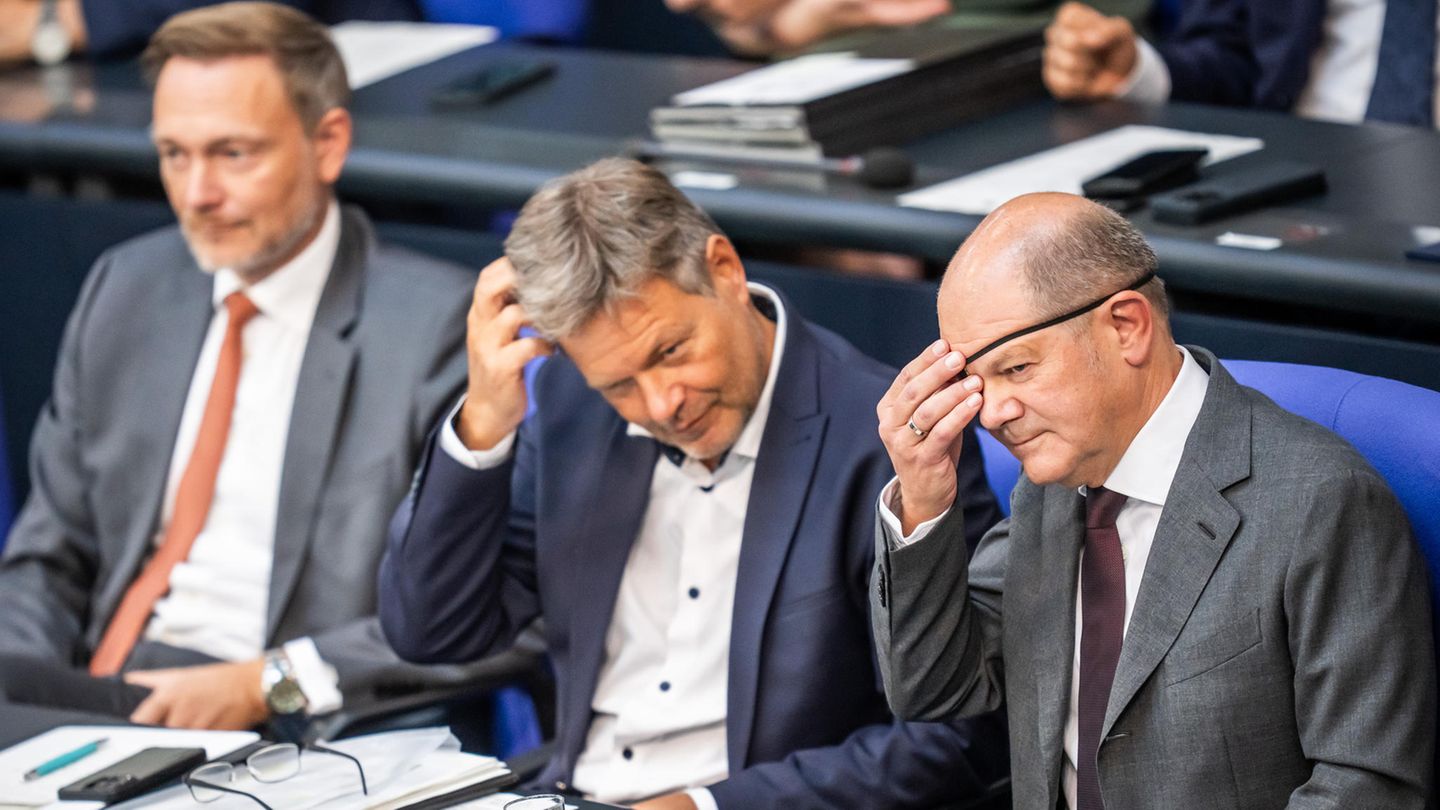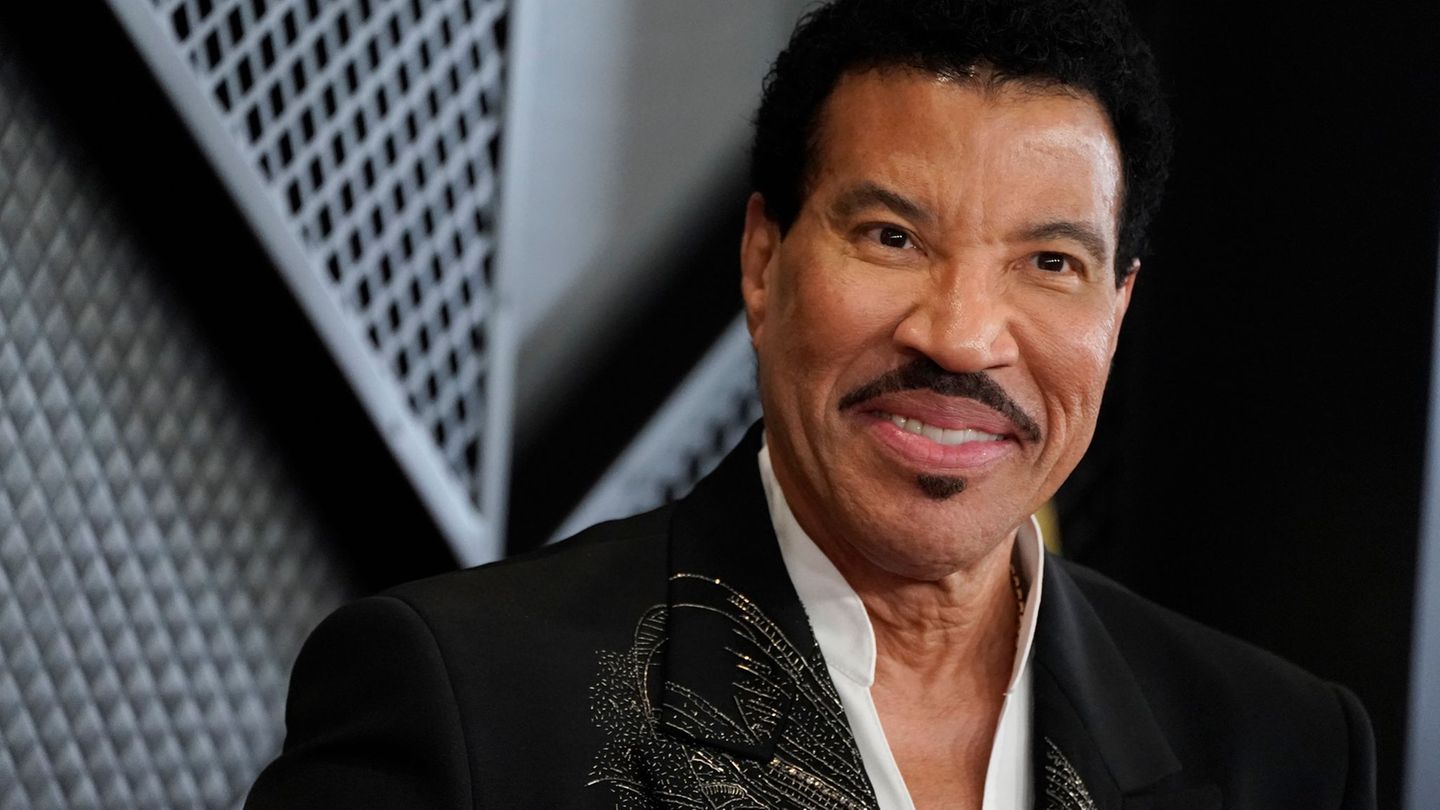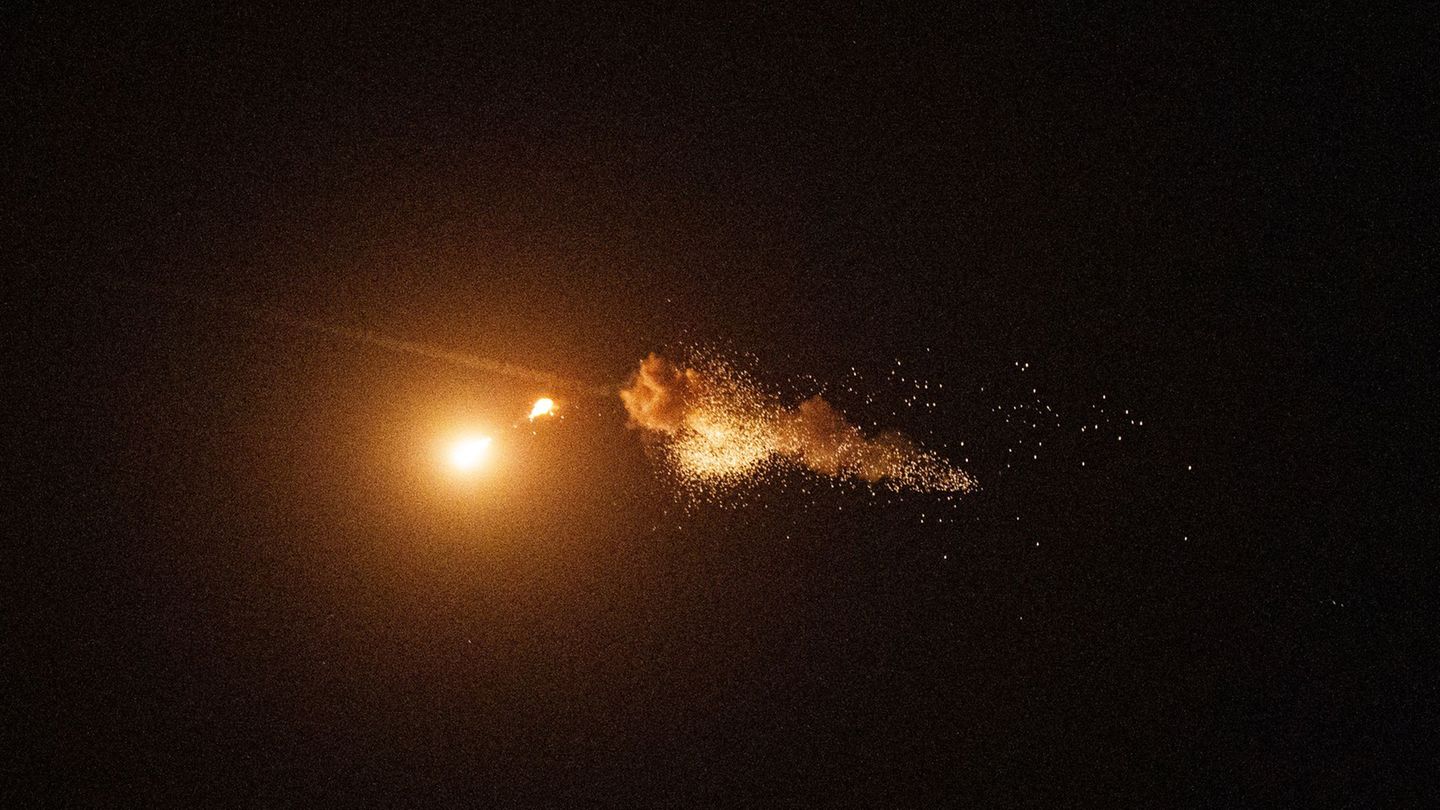The state elections in Hesse and Bavaria were a debacle for the SPD, Greens and FDP. The AfD, on the other hand, can celebrate – and a CDU man. This is how the press judges the election results.
There are “only” two state elections. But there were no two opinions on the evening of the election that the results in Hesse and Bavaria also mean a vote of no confidence in the traffic light government in Berlin. People are not “deaf and blind,” said SPD General Secretary Kevin Kühnert shortly after the polls closed. “There is also a message for us in this election result.”
The SPD achieved its historically worst results in both countries. The FDP also continues its series of defeats in state elections and is almost thrown out of parliament in Bavaria and in Hesse. Despite significant losses, the Greens got off relatively lightly. You could even continue to govern in Hesse with the CDU.
Overall, the trend in these elections is clearly to the right – quite far to the right. The AfD, which the Federal Office for the Protection of the Constitution classifies as a suspected right-wing extremist case, is no longer an East German mass phenomenon. 18.4 percent in Hesse, 14.6 percent in Bavaria, second and third strongest forces – the result in Hesse is the highest so far in state elections in the west. What does this mean for the traffic light government and for the coming federal election? The press reviews at a glance:
“Settlement with the traffic light coalition”
“Latest Baden News”: “It is also explicitly an interim report for the work of the coalition in Berlin. And the results from Sunday are more than clear and have explosive power: twice insufficient, once sufficient. All three traffic light parties have many, many in both Hesse and Bavaria Votes lost. The Social Democrats and the FDP in particular are at their lowest point in both federal states. But the Greens have also clearly lost. A first-class reckoning and a real embarrassment for the federal government.”
“Ludwigsburg district newspaper”: “The results of the elections in Hesse and Bavaria are a bitter defeat for the federal government. (…) The high results for the AfD in the two large federal states are a reckoning with government policy. In the summer, Chancellor Olaf Scholz urged calm in the face of the high poll numbers for the AfD. Behind this was his hope that the anger with the government would subside. He was wrong.”
“Stuttgarter Zeitung”: “After this Sunday, many questions arise in the capital: Traffic Light Chancellor Scholz will have to consider how and with which popular issues his demolished SPD can still remain a people’s party. He may need a new, undamaged Interior Minister who embodies what a majority expects: determined Corrections in migration policy. The Union will have to think again about who should run for it as candidate for chancellor. It would also have to be clarified why the traffic light frustration primarily affects the right-wing competition and not her. There will be two in the next Bundestag, as in the Munich Maximilianeum right-wing parties sit?”
“Bayern is no longer the Bavaria of 2003”
“Augsburger Allgemeine”: “Sure, the cohesive power of the popular parties is dwindling everywhere in Europe, and Söder can’t do anything about that. But with his solo show, he aggravated the problem and narrowed the CSU down to one person. Instead of linking a team to issues, it was from the economy to housing construction Until wind power, only one person is responsible – the Prime Minister himself. But Söder alone is not enough.”
“Rhine Palatinate”: “In the state elections five years ago, the Christian Socialists, with Söder as the top candidate, achieved the worst election result in 68 years. It was no better in the election on Sunday. That is not due to Markus Söder alone. (…) Bavaria 2023 is not more Bavaria from 2003. At that time, the CSU was still good for 60.7 percent. However, it is also Söder’s fault. His lack of credibility and political agility, his occasional lack of seriousness and his penetrating Bavarian hubris are not well received by many. As of today, the Union race is open until the top candidate is chosen, presumably in the fall of 2024. Because it is neither on CDU leader Friedrich Merz nor on North Rhine-Westphalia’s Prime Minister Hendrik Wüst (CDU) or on others from the ranks of conservative leaders Candidacy is almost automatic.”
“Frankfurter Neue Presse”: “With Boris Rhein at the helm, the Hesse CDU can almost go back to old times. The disgrace of the last state election with double-digit losses has been forgotten. And for Boris Rhein personally, the traumatic experience of losing the mayoral election in Frankfurt in 2012 may also have been overcome . With this result, the 51-year-old has led his CDU back to the top.”
Boris Rhein won – and not the AfD
“Reutlinger Generalanzeiger”: “Although the AfD has made gains in Hesse and Bavaria, it is not the election winner. His name is Boris Rhein. He managed the feat of achieving a result of over 30 percent for the CDU with an unspectacular and rather factual election campaign. That can be said the federal CDU can only dream. And that is the real message in the Union’s chancellor candidate question. Because Rhein succeeded because he distanced himself from the federal CDU and Friedrich Merz on many important issues. (…) Polarization pays “Especially in times of crisis, stability and security are important. That’s exactly what both Markus Söder and Friedrich Merz are missing. And if you look closely, that also applies to the traffic light government.”
“Swabian newspaper”: “The assumption that state politics are voted on in state elections is outdated. Rather, Sunday’s results will have an impact on the federal government – and they should. Government parties that fail at the five percent hurdle or, in the best case, get one before the double-digit result , have a legitimacy problem. A premature break in the coalition no longer seems unreasonable. Given the will of the voters shown on Sunday, this would not be the worst option.”
“Mitteldeutsche Zeitung”: “These elections are likely to be the last elections in which the damage remains limited. Because beyond the party-tactical whitewashing, there are bitter messages in the election results. Firstly: The AfD has also arrived in the west of the republic. Secondly: The results are for the traffic lights a vote of no confidence. All three parties in the traffic light government are in crisis. Third: The Union emerges from the elections with re-elected heads of government, but the internal power struggle is getting tougher. Growth among the AfD and Free Voters shows that Merz is not stopping the competition from the right .”
Source: Stern
I have been working in the news industry for over 6 years, first as a reporter and now as an editor. I have covered politics extensively, and my work has appeared in major newspapers and online news outlets around the world. In addition to my writing, I also contribute regularly to 24 Hours World.




